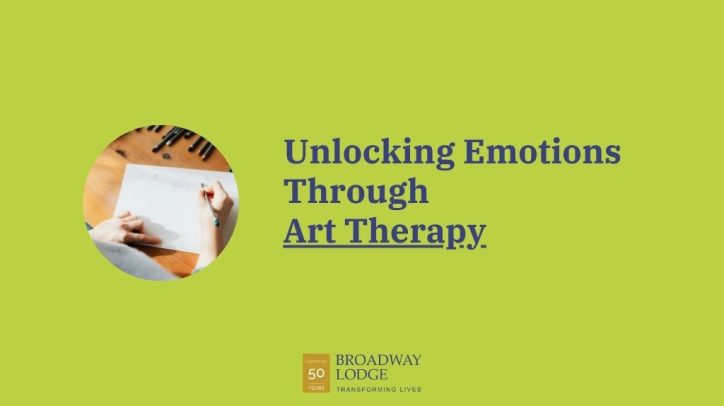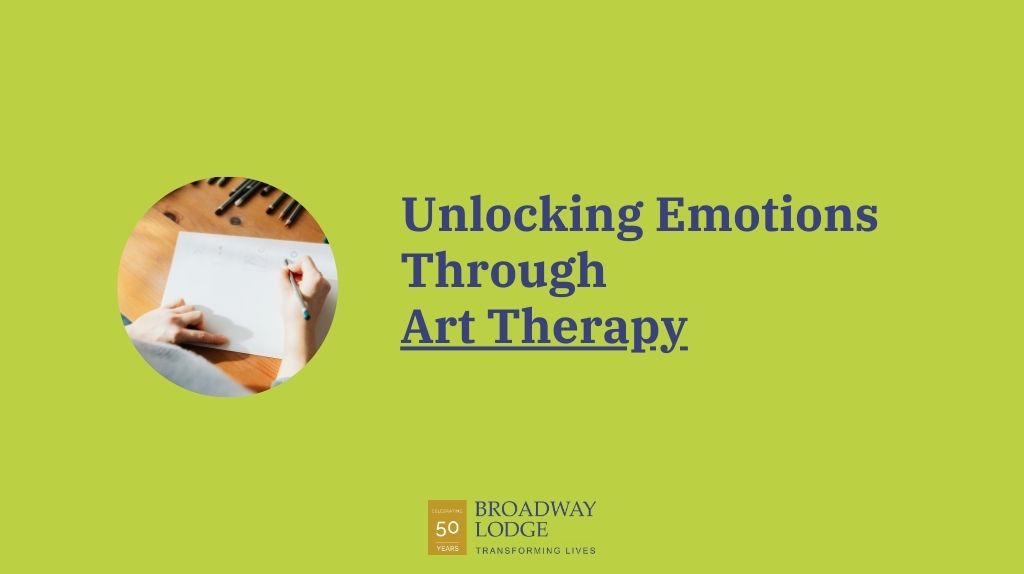In recent years imposter syndrome has gained more attention. Well known figures such as Michelle Obama have broken their silence and talked about how the phenomenon has affected their lives.
In very basic terms, imposter syndrome is a feeling when you cannot accept that your own accomplishments have been legitimately achieved – you feel like a fraud and wonder when you may be found out, perhaps accompanied with a feeling of insecurity. Anyone can experience this, whether in recovery or affected by addiction or not.
Guest blogger Matthew Alderton, a Transpersonal Psychotherapist, further explains imposter syndrome below and explores how we can help ourselves to overcome this self-doubt and inaccurate belief of ourselves when it arises.
Why do we suffer from Imposter Syndrome? Here’s how we can start to overcome it
We’ve perhaps all felt at some point in our lives that we are not good enough. This might be at home, with friends, and most commonly, at work. We might be more than capable at our jobs but we feel like we don’t deserve what we have achieved and that someone might catch us out sooner or later. It can be hard, particularly when everyone else may appear confident in themselves or that they may take advantage of our weakness.
But knowing this feeling is something much more common than you might think, is the first step to feeling better about yourself as you’re not alone. Even people we know who we might think of as being confident people can just as easily feel this way. Even high-profile actors (whose job it is to put on a persona!) such as Tom Hanks have spoken about feeling this way. However, as a psychotherapist who has spoken to people at length in these situations, I know there are ways in which we can overcome this feeling.
What is imposter syndrome?
Imposter syndrome (also called imposter experience or imposter phenomenon) is the inability to believe that one’s success is deserved or legitimately achieved as a result of one’s own effort. There is a nagging feeling coming from within, that a person is a fraud and might be found out. They feel that everybody else knows more than themselves and their achievements have been lucky or not deserved.
Imposter syndrome can lead to emotional and thinking difficulties, as we may spend a great deal of time in replaying past events and reflecting on whether or not we behaved appropriately. This can occur when we playback events in our interpersonal relationships at work, family or social setting. Imposter syndrome can also be associated with associated conditions which might include anxiety, stress, depression and feelings of inadequacy.
Why do people feel this way?
The Differences Between Men & Women
There are a number of reasons why people feel like they are an imposter. Interestingly, men and women might assign very different meanings to success or failure if they are experiencing imposter syndrome. Men think that success is down to their ability whereas women think that success is explained by temporary luck or effort. Men might explain failure as being unlucky whereas women link failure to a lack of ability.
How Your Upbringing Shapes You
Whether or not someone might experience imposter syndrome is also related to the type of upbringing they have had. For example, children might follow a family script where they are brought up to feel underprivileged or are expected to underachieve. Examples might include never being good enough or not being praised or validated for achievements. This can leave them with a negative core value. Without addressing this negative core value success and achievement might cause a person to feel more and more like an imposter.
Our Experiences of Others and Ourselves
Another reason why people might experience imposter syndrome is people’s experience of others. When we see other people, we usually only ever see the side of them that they want to present to the world. We see a person’s, persona rather than the individual as a whole. We see them from the outside. Our own experience is very different. We feel and experience all sorts of different emotions, feelings and thoughts every day. This includes the negative and the positive. This can paint an imbalanced picture with regard to the way we experience ourselves and the way we experience other people. This pluralistic ignorance can make us feel like an imposter in comparison to the perceived ability of others as having everything squared away and under control.
What can we do to start overcoming this feeling?
There are a number of ways to overcome the feeling of imposter syndrome. Working through this difficulty is psychotherapeutic-type work, but there are some practical steps that you can take yourself.
1) The first is to start to acknowledge your achievements. This might mean writing down what you have done well in the past and congratulating yourself on these achievements.
2) Taking a proactive step to take on new responsibilities. Responsibility helps to give yourself value and provide meaning in life. This might mean you have to use the internal quality of courage in order to achieve it. Courage is not the absence of fear but the master of it.
3) Take in the bigger picture. When you carry out a task or do something that does not meet with someone’s approval it is important to see the bigger picture. This might mean seeing the feedback as interesting and informative and just an opinion rather than as a criticism. One piece of negative feedback does not define you or negate all of your other achievements.
4) Talk to others. Talking to other people is also helpful in learning about ourselves. Relationships reflect back a lot about us and give us greater understanding of who we are. Talking also gets things out in the open. We can take a more balanced view of things when we hear ourselves talk about them as well as providing us with a little distance from them. When we ruminate on something it is sometimes difficult to think of a way forward or allow for new possibilities. Getting someone else’s opinion can be more balanced as they are more likely to be able to be objective especially if they are not directly involved.
5) Understanding that thoughts are not reality. Thoughts is also key to helping people with imposter syndrome. Thoughts are internal events and are not reality. They also difficult to control. One method to assist with difficult thoughts is to think of them as cars going past on a road as you stand by the side on the grass verge.
6) Challenge your unhelpful thoughts. Imposter syndrome type thoughts might be along the lines of I can’t achieve this because I am incompetent, or I should know this already or I cannot submit this piece of work because it is not perfect. Being compassionate towards yourself allows more room for mistakes and helps to stop you thinking that you should be doing better all of the time.
This post was written by Matthew Alderton (BSc, MA, Dip, Dip Psych) a Transpersonal Psychotherapist and EMDR Therapist at The Trauma Practice, a therapy practice centre based in both Hertfordshire & London. His experience in the mental health field has been accrued over the last seven years working in counselling, rehabilitation and psychotherapeutic settings.












